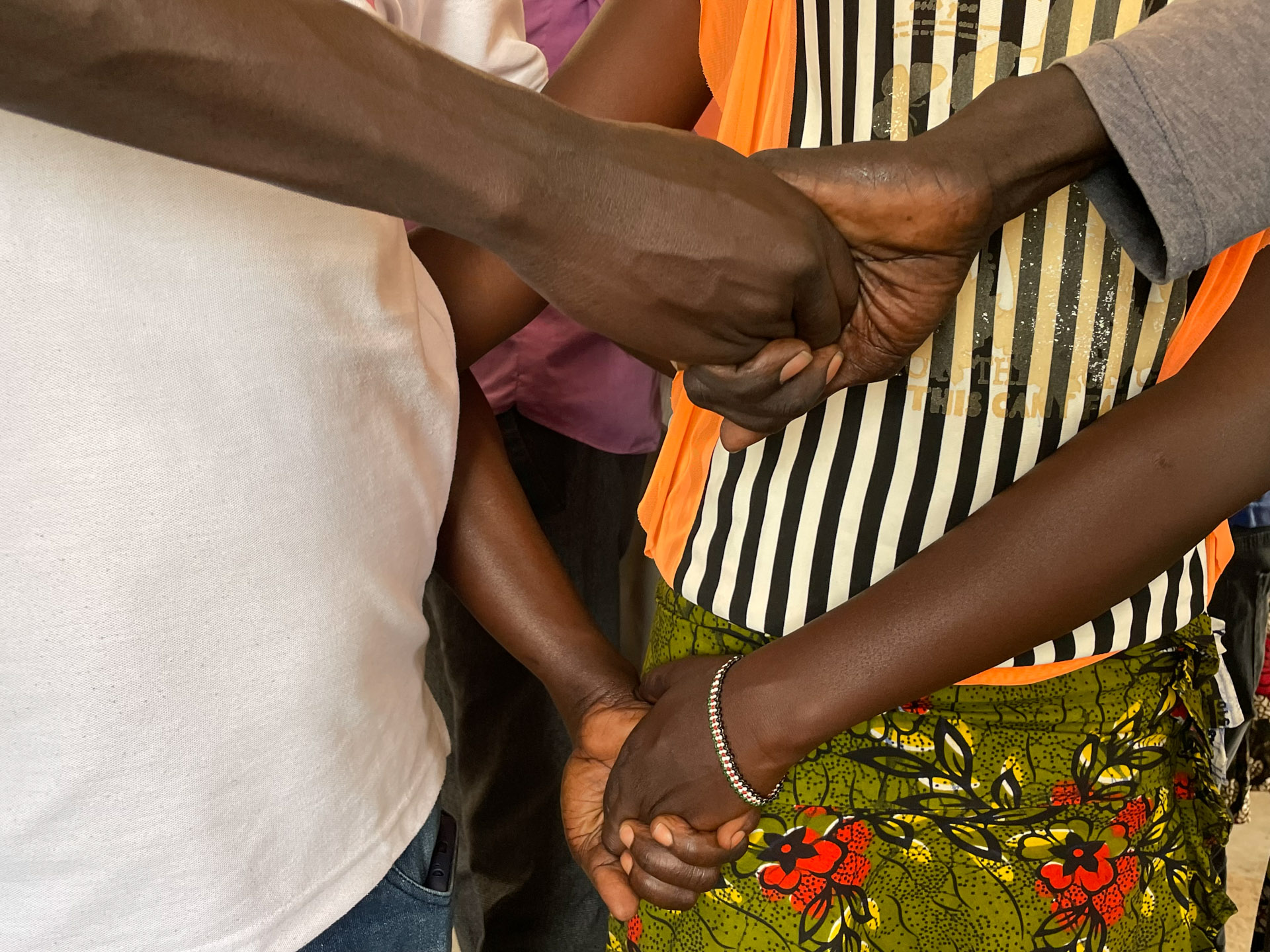My name is N.P., a village legally married working as a farmer. I am the fifth of 13 children from my father, who had three wives. My mother passed away when I was one year old, and my father remarried shortly after.
My stepmother mistreated me, causing me depression and anxiety. Every morning, she would hit me while her children received food. My breakfast was being beaten, while her children and my father enjoyed food and porridge.The neglect and abuse from my father and stepmother made me feel hopeless and believing I was born in vain and had no worth, leading me to attempt suicide by drinking poison, which fortunately didn’t succeed.
This experience left me feeling that life was useless and everyone was an enemy. I had heard that stepmothers often mistreat children who are not their own. I was so deeply depressed that living or dying felt the same to me. I eventually left my family, hoping to find a better life elsewhere, and went to live at a center called Karambi. I got a job as a herdsman, earning Rwf 500 a month.
Two weeks later, someone informed my father about my whereabouts. He came to see me and took me back home. He apologized for neglecting me, especially after my mother died, and promised to be a better father. Once back home, my father enrolled me in school and started caring for me. However, his wife continued to insult, beat, and starve me when he wasn’t around. She often kicked me out, calling me a terrible animal.
Despite these challenges, I passed the national primary school exams and advanced to high school. Sadly, my father died soon after, and I had to drop out of school due to lack of support. I moved to Kigali, where a compassionate woman helped me.
Later, I became a leader in my community. Despite this position, I struggled to serve the citizens well and even committed domestic violence due to the trauma from my childhood.
Joining a sociotherapy group changed my life. I found others with similar wounds and histories, and together, we supported each other. Sociotherapy made me feel loved and cared for. It helped me overcome the trauma of my childhood and gave me peace of mind, self-confidence, and the desire to care for others. Through sociotherapy, I learned to respect others without discrimination, to listen, be patient, and be confident. Most importantly, I learned to forgive. I forgave my father and his second wife for their abuse.
The 15 sessions of Mvura Nkuvure taught me that many people still carry wounds and I can help them heal. Now, I provide good services to those who come to me. There is no more domestic violence in my family because sociotherapy taught me how to care for my wife and children.

